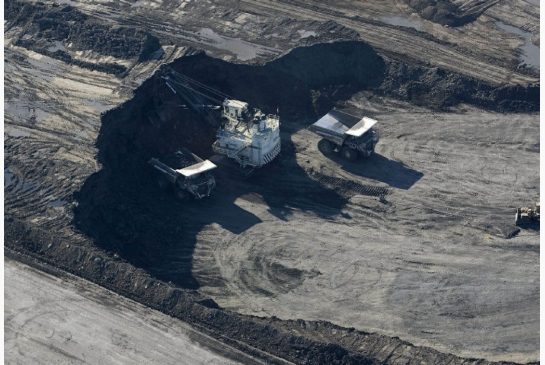
4 September 2015, The Toronto Star
After lobbying by oil companies, the federal government allowed Alberta to recruit foreign workers faster than before.
Gil McGowan was elected president of the Alberta Federation of Labour in 2005, just as oilsands development was starting to heat up.
And he has been in the hot seat ever since.
From the beginning, McGowan was determined to take on the oilsands giants on behalf of unionized workers who he feared were losing out.
He accused companies of turning to unions and “telling tall tales about labour shortages.”
In 2006, he says, in the early months of Prime Minister Stephen Harper’s first government, he was invited by federal bureaucrats to a meeting at the Hotel Macdonald in Edmonton. There were about 50 participants, mostly executives with oil and construction companies who were already involved in oilsands development or eager to get in on it.“The federal government representatives basically said, ‘What can we do for you?’” McGowan recalled during a recent interview. “And almost everyone in the room said they needed temporary foreign workers because they couldn’t carry out their plans with the existing Canadian labour force.”
McGowan, currently the federal NDP candidate for Edmonton Centre, said it was clear that the executives wanted the kind of access to migrant labour that is common in oil-rich Middle East countries.In November 2006, the government announced changes to the Temporary Foreign Worker Program that enabled employers to recruit skilled foreign workers faster than before.
Also in 2006, the Alberta government applied a rarely used section of its labour code to allow Canadian Natural Resources Ltd. (CNRL) to have one bargaining unit for all construction workers building its multibillion-dollar Horizon mine as well as its upgrader, a plant that processes bitumen so it can be handled by refineries. On a big construction site like Horizon, there is a primary construction company, but that company will subcontract with smaller firms that specialize in particular trades, jobs or areas of expertise. Those subcontractors could have negotiated union agreements with their workers.